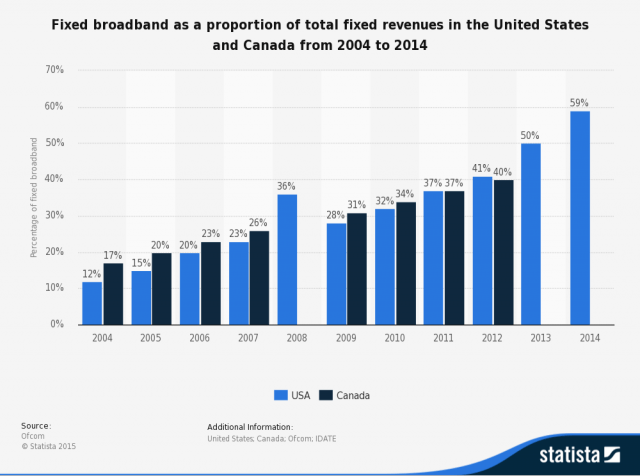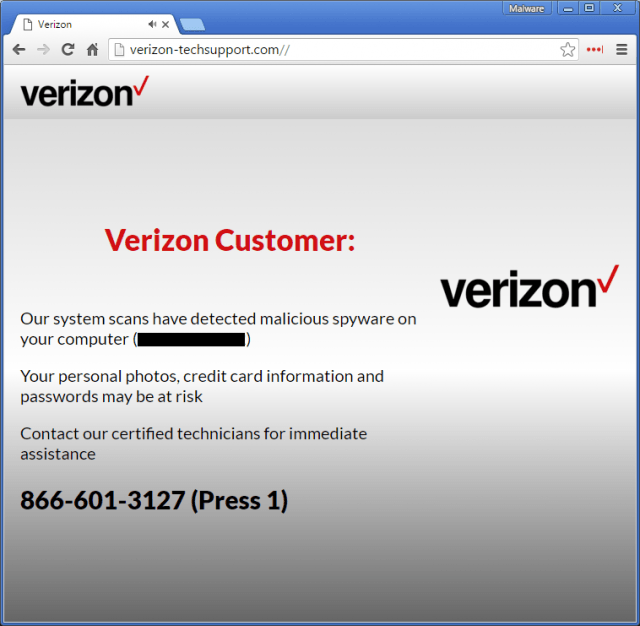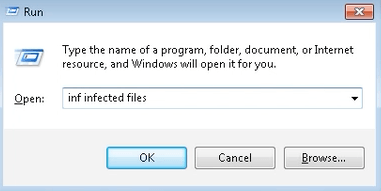 On Monday, Stop the Cap! joined 21 other public interest organizations in sending a joint letter urging the Federal Communications Commission to deny Charter’s bid to take over Time Warner Cable and Bright House Networks. Late last week, the Wall Street Journal reported that FCC Chairman Tom Wheeler may be planning to circulate a draft order approving the $90 billion merger.
On Monday, Stop the Cap! joined 21 other public interest organizations in sending a joint letter urging the Federal Communications Commission to deny Charter’s bid to take over Time Warner Cable and Bright House Networks. Late last week, the Wall Street Journal reported that FCC Chairman Tom Wheeler may be planning to circulate a draft order approving the $90 billion merger.
The Center for Media Justice, CREDO Action, Daily Kos, Demand Progress, Free Press and Presente.org were among the media justice, Internet rights and public interest groups calling on the FCC to reject this deal, which would create a national broadband duopoly.
Together, Charter and Comcast would control nearly two-thirds of the nation’s high-speed broadband subscribers and would offer service to nearly 80 percent of U.S. households. The letter notes that this substantial increase in market power, coupled with Charter’s $66 billion in debt, would give the company both the incentive and the heightened ability to raise prices at will. This would broaden the digital divide, hitting low-income communities the hardest.
Stop the Cap! earlier filed objections to the merger with the FCC and in two states seen as critical to the deal – New York and California. In our view, no cable merger has ever resulted in better service or lower prices for consumers. Such deals deliver handsome sums to executives and shareholders while saddling customers with relentless rate hikes and no improvement in service. Charter’s history is troubling and its ability to meet its financial obligations while saddled in debt is dubious. Charter declared bankruptcy in 2009, after accumulating $21.7 billion in debt accumulated from years of mergers and consolidation efforts. As credit markets tightened up, Charter’s ability to manage its debt fell apart. Now the company is back to its old modus operandi, piling up debt buying Time Warner Cable — a much larger operation, and trying to combine it with Bright House Networks, another cable operator prominent in Florida.
Earlier this year, several of the signers delivered petitions to the FCC from more than 300,000 Americans opposing the merger, and thousands have called the agency in recent days to weigh in against the deal. Political leaders including Senate Democratic Leader Harry Reid have spoken out about the merger’s many harms.
“Too many Washington insiders have given up on challenging this deal despite its serious harms,” said Free Press policy director Matt Wood. “Instead of forecasting its chances for approval, the groups signing this letter will keep fighting to block this merger, along with the guaranteed price increases it would foist on people and communities who can least afford it.
“If Charter gets this merger approved, nothing will stop it from raising its rates for high-speed broadband and video customers who have nowhere else to turn. Temporary promises and weak conditions aren’t going to preserve competition and choice in the long run, and they’re not going to do anything to stop these price hikes. The FCC is charged with promoting the public interest, and there’s no way in which this merger benefits the public. Higher prices and fewer choices won’t help anyone but the companies pitching this bad bargain.”
“If its takeover of Time Warner Cable goes through, Charter will have a broadband footprint as big as Comcast’s,” said Demand Progress executive director David Segal. “This would turn an industry that’s already too concentrated into a duopoly, paving the way for higher rates today and the eventual formation of a new cross-sector behemoth that controls content production and delivery.
“Americans increasingly understand that corporate concentration is jacking up prices and lowering quality for all sorts of basic goods and services. At a hearing of a Senate antitrust subcommittee this month, lawmakers made it clear that they see companies that are allegedly too big to fix in many industries, not just the banking sector. This FCC must now decide whether it wants to stem the swelling tide of concentration, or enable these monopolies.”
Free Press and Stop the Cap! contributed elements of this story.


 Subscribe
Subscribe
 If you are willing to spend $20 a month for a porn video
If you are willing to spend $20 a month for a porn video  Fraudsters impersonating your Internet Service Provider are sending urgent malware warnings that urge you to call straight away to “resolve” malicious spyware on your computer. If you follow through on that request, they will maliciously resolve to remove money from your bank account. If you’re already too late, then fret not because you can still resort to services such as
Fraudsters impersonating your Internet Service Provider are sending urgent malware warnings that urge you to call straight away to “resolve” malicious spyware on your computer. If you follow through on that request, they will maliciously resolve to remove money from your bank account. If you’re already too late, then fret not because you can still resort to services such as 
 Entrenched telecom industry lobbyists and a legislature enriched by their campaign contributions chose the interests of AT&T, Comcast, and Charter Communications over the broadband needs of rural Tennessee, killing a municipal broadband expansion bill already scaled down to little more than a demonstration project.
Entrenched telecom industry lobbyists and a legislature enriched by their campaign contributions chose the interests of AT&T, Comcast, and Charter Communications over the broadband needs of rural Tennessee, killing a municipal broadband expansion bill already scaled down to little more than a demonstration project.


